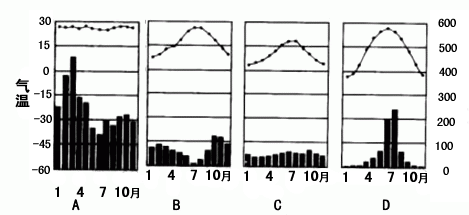问题
单项选择题 共用题干题
患者男,41岁,平常身体健康,无诱因突然出现大量呕鲜血、黑粪,并迅速出现出血性休克,立即输血并反复用去甲肾上腺素氯化钠溶液洗胃,6h后胃管内胃液变清亮。对患者行急诊胃镜检查,但未发现明显异常,12h后再次出现大量呕血、黑粪,并再次出现出血性休克,患者起病以来,无发热、无黄疸、无腹痛、无胸痛和咳嗽。
下列处理方法中较合适的是()
A.外科急诊剖腹部探查并术中止血
B.急诊血管造影并栓塞出血部位的血管
C.再次急诊胃镜检查并镜下止血
D.输血、输液、使用止血药物,待病情稳定2d后再酌情行胃镜检查
E.输血、输液、使用止血药物,待出血停止后再行消化道钡剂造影检查
答案
参考答案:C

